
5 Youth Who Won’t Take ‘No’ For An Answer And Are Actually Saving the Planet
The Survival Revolution salutes these insanely brave and vocal advocates speaking from the heart for a wild, just, and healthy future.

The Survival Revolution salutes these insanely brave and vocal advocates speaking from the heart for a wild, just, and healthy future.
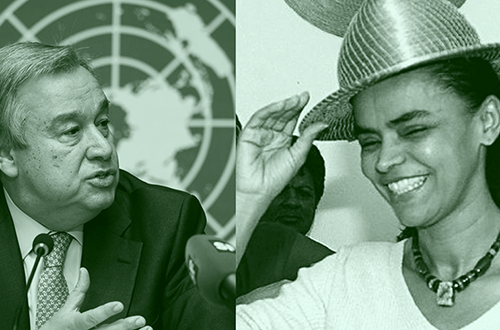
Most leaders need substantial societal support to take ambitious action for the environment. Here’s our list of trailblazers who are helping to pave the way for others.
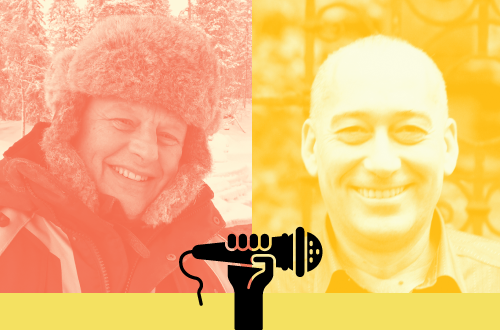
We asked WILD’s program directors to share with us their biggest hopes for our future and the obstacles they face. This week, we feature Magnus Sylvén and Karl Wagner.

An existential threat looms over Sweden’s last old-growth forests, the reindeer that live in them, and the Indigenous Sámi people, whose culture and way of life are inexorably linked to forest and reindeer alike.

We asked WILD’s program directors to share with us their biggest hopes for our future and the obstacles they face. This week, we feature Crista Valentino.
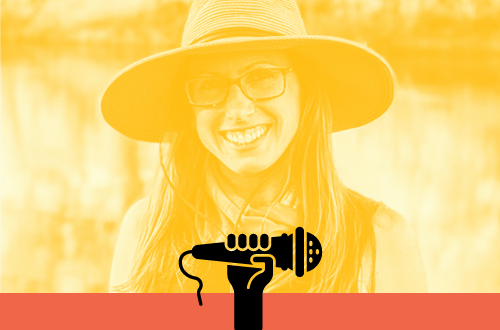
We asked WILD’s program directors to share with us their biggest hopes for our future and the obstacles they face. This week, we feature Melanie Hill.
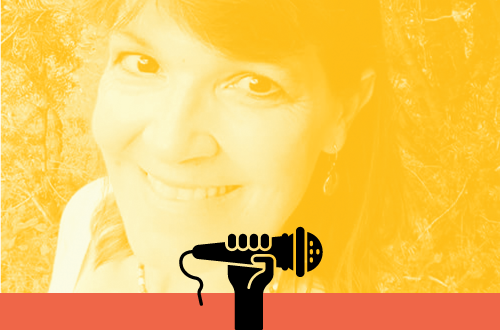
We asked WILD’s program directors to share with us their biggest hopes for our future and the obstacles they face. This week, we feature Susan Canney.
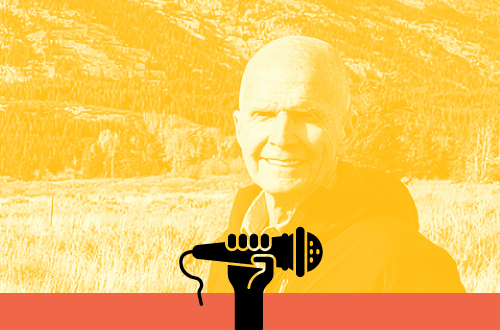
We asked WILD’s program directors to share with us their biggest hopes for our future and the obstacles they face. This week, we feature Vance Martin.
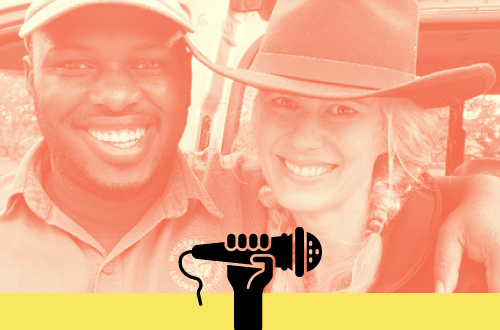
We asked WILD’s program directors to share with us their biggest hopes for our future and the obstacles they face. This week, we feature Amy Lewis.
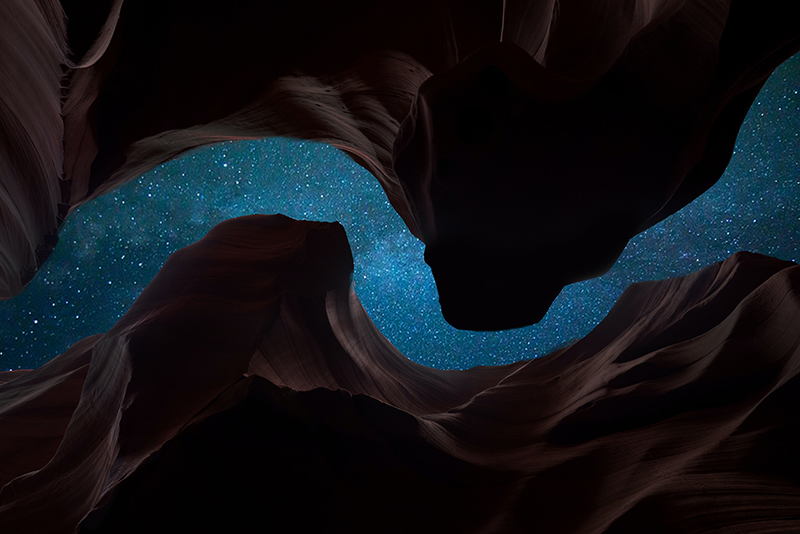
The Story for Our Future, the 11th World Wilderness Congress’ primary policy recommendation, is based on the guidance of leaders from all sectors of society and dozens of countries around the world, and is the latest and most detailed product of this global process.